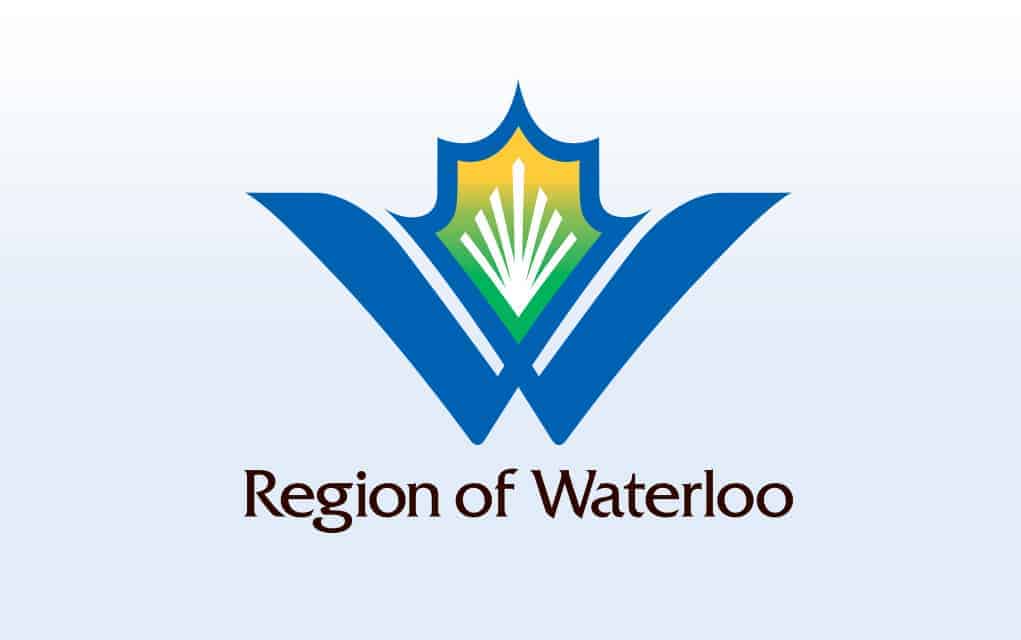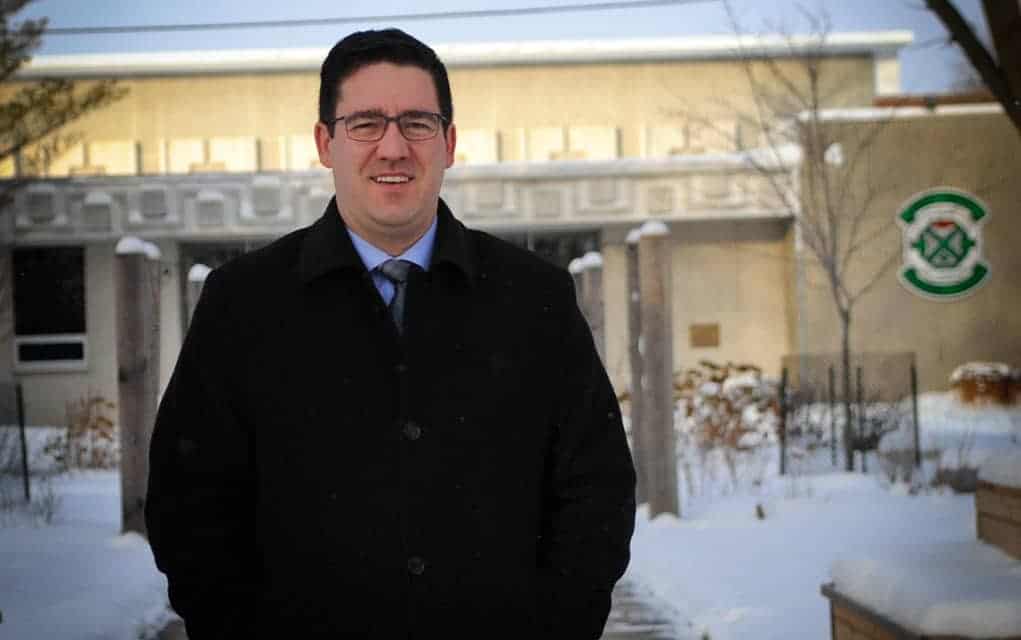Waterloo Region council was looking at keeping tax increases below three per cent going into Wednesday’s budget vote.
Also on tap were rate hikes for water use and sewage treatment, and consideration of big-ticket expenditures for 2018.
Speaking to the Observer before the Wednesday budget meeting, regional Chair Ken Seiling described it as a fairly “straight forward budget year.”
“We have some – a very limited number of expansions in the budget this year, mainly to paramedics and to some transit service,” he said. “I think that [council will] very easily come in under three per cent [increase].”
Looking to lower ambulance response times, staff are recommending an increase in the number of crews during peak periods by two, to 26 ambulances from 24, to keep up with increasing demand and problematic coverage. This would increase operating expenditures by $1.9-million in 2018, and cost $1.1-million in capital expenses.
“One of the biggest expenses is for EMS,” noted Woolwich Mayor Sandy Shantz, the township representative on regional council. “I know that we need to work on response times and I also know that there are more calls.”
“Well I think anything we can do to improve the service region-wide is something that we have to look at,” said Wellesley Mayor Joe Nowak.
“There’s a significant problem right now with the aging population, and I think there was one [request] last year and it didn’t really make a big dint in the response times,” he said.
In the 2017 budget, staff had requested increasing the number of staffed ambulances from 21 to 24 in peak periods.
Ambulance response times are a particular problem for Wellesley Township, which experiences the slowest times in the region. In a November presentation to council, region staff showed Wellesley residents generally had to wait twice as long as the regional average for an ambulance response.
For “Code 4” calls, which are for the most severe emergencies, the regional response time in 2017 up to the end of October was 9:20. For Wellesley it was 18:41. The next highest response times were Wilmot with 15:01, followed by North Dumfries at 13:50 and Woolwich at 13:34.
However, while Wellesley experienced the longest response times in the region, it also made the least number of calls for paramedic services. There were only 364 calls made between January and October of this year, versus the 43,000 made region-wide.
“It’s a challenge. There are issues that are certainly beyond the control of the dispatch people. The wait times at the hospital are a big issue,” said Nowak. “Unload times, the ambulances are waiting to let their patients off and that takes time to do that and that keeps them away from other calls.”
Among the items in the 2018 budget being deliberated on, Nowak said he was keen to keep the Community Environmental Fund (CEF) going.
“I’m not sure how it’s going to go in the big scheme of things. It’s not a big budget item but it’s one that stood out for me,” he said ahead of Wednesday’s meeting.
Region staff requested councillors to approve the CEF, a reserve of $150,000 out of which grants can be awarded to various environmental projects in the region.
“It was very helpful for us in Wellesley Township to get the seed money to have some work done on the pond, to get an engineering report done on the pond. And I’m not sure how we would have done that without that support,” said Nowak.









